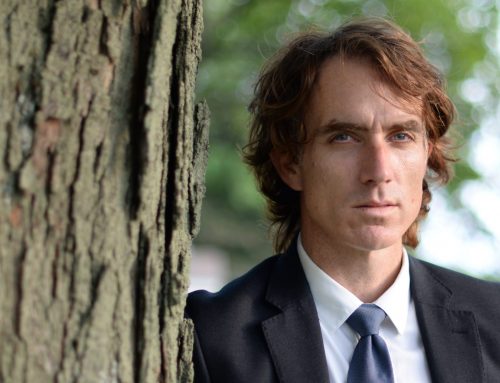As part of their continuing effort to reduce the size of their viewing audience, the Mass Casualty Commission today featured a roundtable discussion on “Rurality and Community Well-Being”. The information on the MCC website suggested that the goal of the discussion was to address culture and attitudes of rural life in Nova Scotia, limited and differential service delivery in rural areas, and health and safety of those working in rural communities and how the rural context affects their working lives.
The roundtable as facilitated by Dr. Emma Cunliffe, Research and Policy Director for the MCC, and featured Robin Campbell, PhD Candidate at Dalhousie University, Madonna Doucette, Director, Youth Project, Dr. Karen Foster, Associate Professor of Sociology in the Department of Sociology and Social Anthropology, Dalhousie University, Dr. Lesley Frank, Professor at Acadia University, and Dr. Marilyn MacDonald, Professor at Dalhousie University’s School of Nursing.
It is difficult to understand what the MCC Commissioners think they are getting from these discussions, particularly considering the time and resources being expended in having ‘expert’ reports prepared and then scheduling days and days of hearing time to listen to them. Dr. Cunliffe and the research team seem to be fascinated by these academic discussions, but they are only marginally connected to the events of the mass casualty.
Today, for example, significant chunks of the conversation dealt with such topics as modern gender identity issues in Mi’kmaq communities, food insecurity, and the dynamics of child poverty. Certainly, these are all important issues requiring serious responses, but none have anything to do with why a denturist was able to assemble a mock police cruiser, acquire and amass illegal weapons, and evade police capture on a 13-hour killing spree.
Eventually, the Commissioners will need to write a report, containing advice on what governments and others should do in response to what happened in the mass shooting. To seek expert help in writing such a report is natural and sensible, but you would expect the expert to actually engage in the material you are studying in order to be of assistance. Here, the experts were not asked anything about Portapique, or the incidents of the April 18-19, 2020 mass casualty.
It all suggests that the eventual report is likely to include a series of broad statements on the issues being studied, without commentary or insight on the specific events that prompted the inquiry to be called in the first place.
Away from the proceedings, there are two news items of note that have emerged in the past few days. Today, the Canadian Press is reporting that families are again considering whether they will continue their participation in the Commission. This is a reaction to the MCC decision that Lisa Banfield, the killer’s common-law spouse, will only be questioned on one day, and will not be subjected to cross examination. This is an indefensible position by the MCC, of which I will have more to say in a separate piece setting up next week’s schedule, which seems almost solely designed to bolster Ms. Banfield’s credibility.
The other story is a set of articles in Frank Magazine by Paul Palango, featuring Robert Doucette, known as Rob the Carpenter, who was a close friend and associate of Gabriel Wortman. Mr. Doucette claims to have helped Wortman smuggle illegal firearms across the U.S. border, and then to have designed and built hiding places in his cottage for their storage. Mr. Doucette also claims to have received a phone call from Canadian Border Services after the killings, where he claims the officials knew two of the particular guns that were smuggled over the border.
Mr. Doucette called 911 on the morning of April 19, 2020 to try to tell police what weapons Wortman had, and also that Wortman indeed had a cell phone (which Ms. Banfield stated was not the case), which might explain some events during the killing spree. Mr. Doucette told Palango that his statements to the MCC have been heavily edited before being posted.
All of these pieces of information seem like much more relevant topics to discuss during a mass shooting inquiry than those which have been taking up time over the past few proceeding days. The MCC seems determined to avoid any discussion of Wortman’s criminal activity, which is very curious. If the police or border officials knew about Wortman and did nothing in reaction, or if they did not know about him despite the not-insignificant level of criminality in which he was engaged, then the MCC should want to know what factored into either that lack of response, or lack or knowledge.
The MCC is back on next Monday, and is set to spend the week examining the role of gender-based and intimate partner violence in mass casualties.

